By Manisha Sahu | America News World | October 31, 2025
In one of the largest demonstrations seen in Israel in years, hundreds of thousands of ultra-Orthodox Jews took to the streets of Jerusalem on Thursday to protest a proposed change to the country’s military conscription law. The massive turnout, described by local media as the “march of the million,” united nearly every sect and faction of the Haredi (ultra-Orthodox) community — marking a rare moment of unity among groups often divided by religious or political differences.

The demonstration, which brought Jerusalem to a standstill, was sparked by the Israeli government’s renewed push to amend the long-standing exemption that allows most ultra-Orthodox men studying in yeshivas (religious seminaries) to avoid mandatory service in the Israel Defense Forces (IDF). The proposal has reignited one of the most divisive debates in Israeli society — the balance between religious devotion and civic duty.
Background: Decades of Controversy
Since Israel’s founding in 1948, Jewish men and women have been subject to compulsory military service — three years for men and two years for women. However, an exemption was granted to a small number of ultra-Orthodox men dedicated to full-time Torah study, under the premise that their religious learning was essential to preserving Jewish identity after the Holocaust.
Over the decades, as the Haredi population expanded rapidly, so did the number of exemptions. Today, ultra-Orthodox Jews constitute about 13% of Israel’s population, with the vast majority of men in the community receiving draft exemptions. This has long been a source of resentment among secular and nationalist Israelis, who argue that it creates inequality and undermines the country’s defense readiness.
What Sparked the Latest Protests
The current political crisis stems from a Supreme Court ruling that struck down previous legislation upholding the exemptions, calling it discriminatory and unconstitutional. Prime Minister Benjamin Netanyahu’s government — which relies heavily on ultra-Orthodox parties for support — has faced mounting pressure from both the court and secular coalition partners to find a compromise.
The new draft bill proposes that more ultra-Orthodox men gradually join the IDF or perform national service. While the government insists the measure would be implemented gradually and sensitively, Haredi leaders see it as an existential threat to their way of life. They argue that mandatory service would expose young religious men to secular influences and disrupt their commitment to religious study.
A Show of Unity and Defiance
According to estimates from The Times of Israel, more than 200,000 men participated in Thursday’s protest, waving placards and chanting prayers. The demonstrators blocked key entry points into Jerusalem, paralyzing traffic and drawing thousands of police officers to maintain order. Despite the massive turnout, the protest remained largely peaceful.
Leading rabbis and political figures from all major ultra-Orthodox factions — including the Hasidic, Lithuanian, and Sephardic streams — addressed the crowd, urging continued resistance against what they called “a decree of spiritual destruction.” Many speakers compared the proposed draft to persecution, framing it as a direct attack on religious freedom.
“This is not about politics,” said one rabbi from the Degel HaTorah party. “It is about the survival of Torah in the land of Israel. We will not let them take our sons from the houses of study.”
For the first time since 2014, when a similar bill sparked unrest, all Haredi groups joined forces in protest. The rare unity underscores how deeply the issue resonates across the ultra-Orthodox spectrum.
The Government’s Dilemma
For Prime Minister Netanyahu, the issue is a political tightrope. His coalition depends on two major ultra-Orthodox parties — Shas and United Torah Judaism — which have warned that they will not support any law that forces Haredi men into the military. However, secular partners and Israel’s Supreme Court demand a fairer system that does not exempt a growing segment of the population.
Analysts suggest that Netanyahu’s government is under increasing strain, as any attempt to please one side risks alienating the other. The IDF, meanwhile, has argued that the country’s security needs are becoming more pressing amid ongoing regional tensions and a shrinking pool of eligible recruits.
“The security situation demands that all citizens contribute,” said a senior defense official. “The burden cannot fall on one group alone.”
Public Opinion Deeply Divided
Surveys indicate that the majority of secular Israelis support ending the exemption, viewing it as outdated and unjust. Many argue that the principle of equality — central to Israel’s democracy — cannot coexist with a system that privileges one community over others.
On the other hand, Haredi Israelis believe their spiritual contribution is just as vital to the nation’s survival as military service. “Our prayers protect Israel just as soldiers do,” said one protester. “Every Jew has a role to play — ours is to learn and pray.”
This clash between religious conviction and civic obligation has become one of the defining struggles in modern Israeli identity. It reflects a broader question about what it means to be both a Jewish and democratic state.
International Reaction and Broader Implications
The protests have drawn attention abroad, with analysts describing the confrontation as a test of Israel’s social cohesion. The United States and other allies have largely avoided commenting, though observers note that domestic unrest could further complicate Israel’s already fragile political landscape.
The issue also carries economic implications. Critics argue that mass exemptions keep tens of thousands of men out of the workforce, straining Israel’s economy. Some economists warn that if the status quo continues, the country’s long-term economic stability could be at risk as the Haredi population grows.
Despite the massive protests, the government has shown no sign of backing down. Discussions in the Knesset are expected to continue, with lawmakers seeking a compromise that satisfies both the court’s ruling and the demands of the ultra-Orthodox community. However, given the intensity of public sentiment on both sides, a resolution appears distant.
As night fell in Jerusalem, protesters dispersed peacefully, promising to return if the government moves ahead with the draft law. The chants of “We will not serve!” echoed through the capital — a reminder that the struggle over faith, equality, and national service is far from over.
Discover more from AMERICA NEWS WORLD
Subscribe to get the latest posts sent to your email.
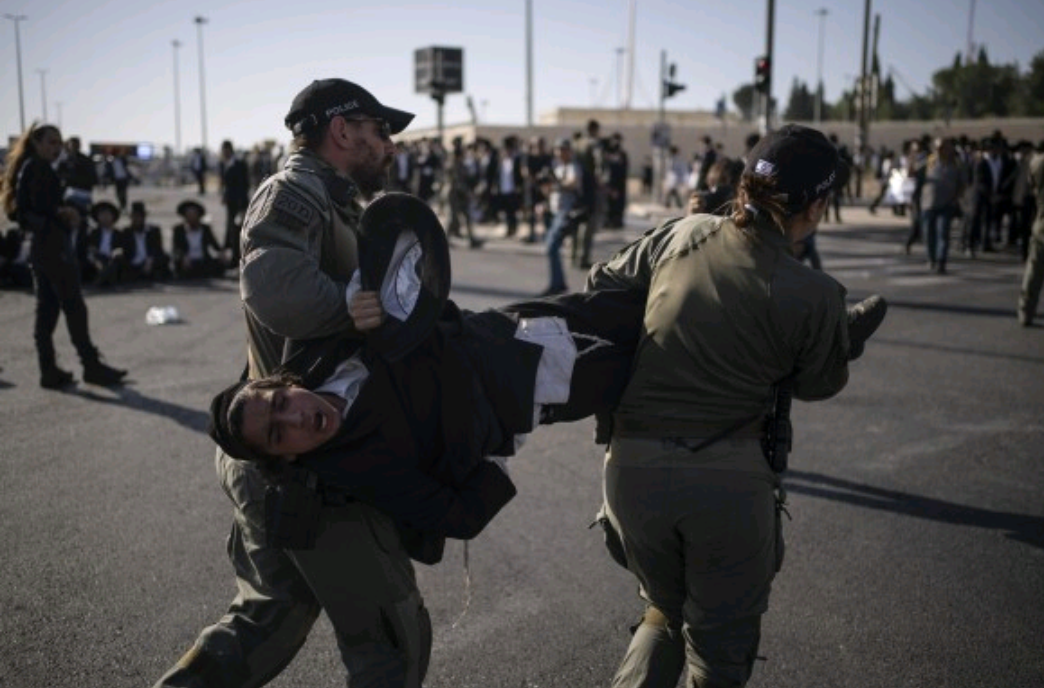
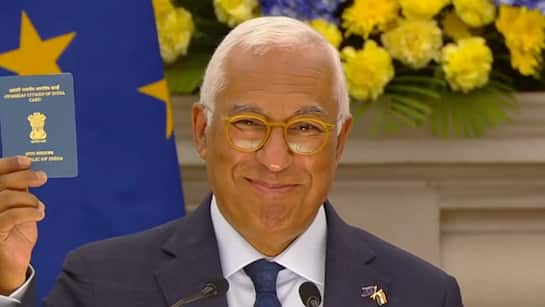

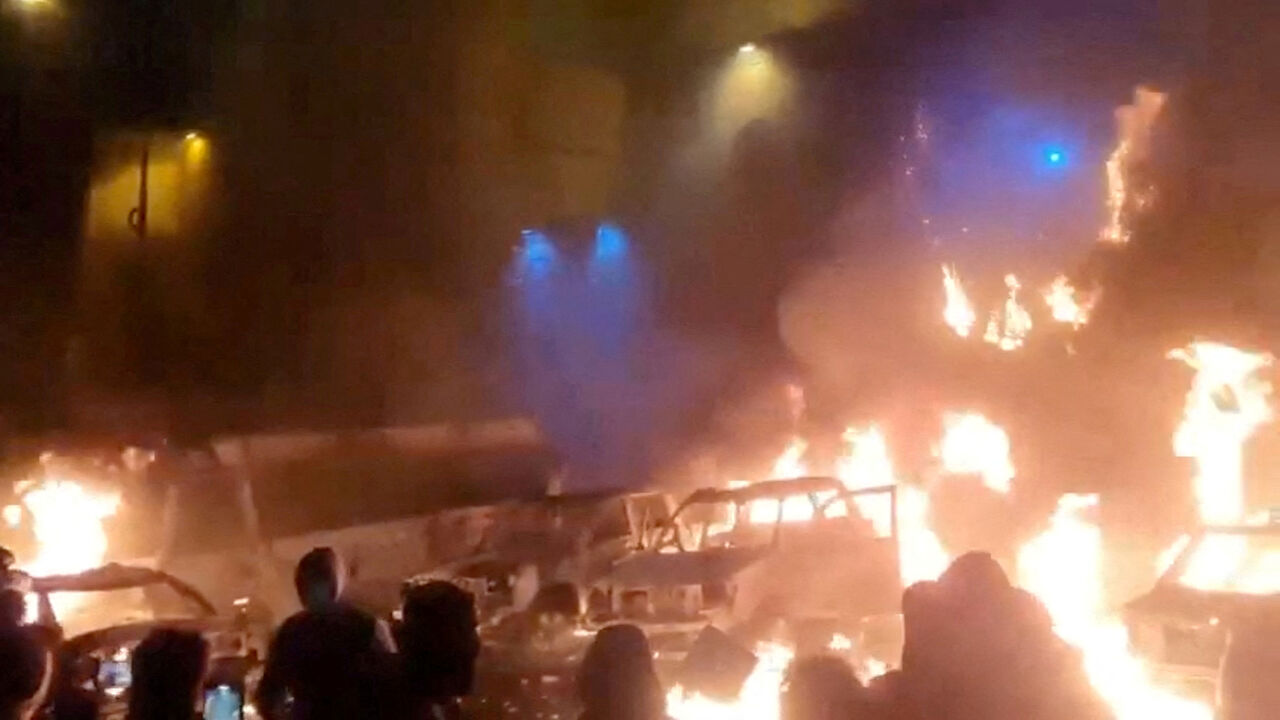
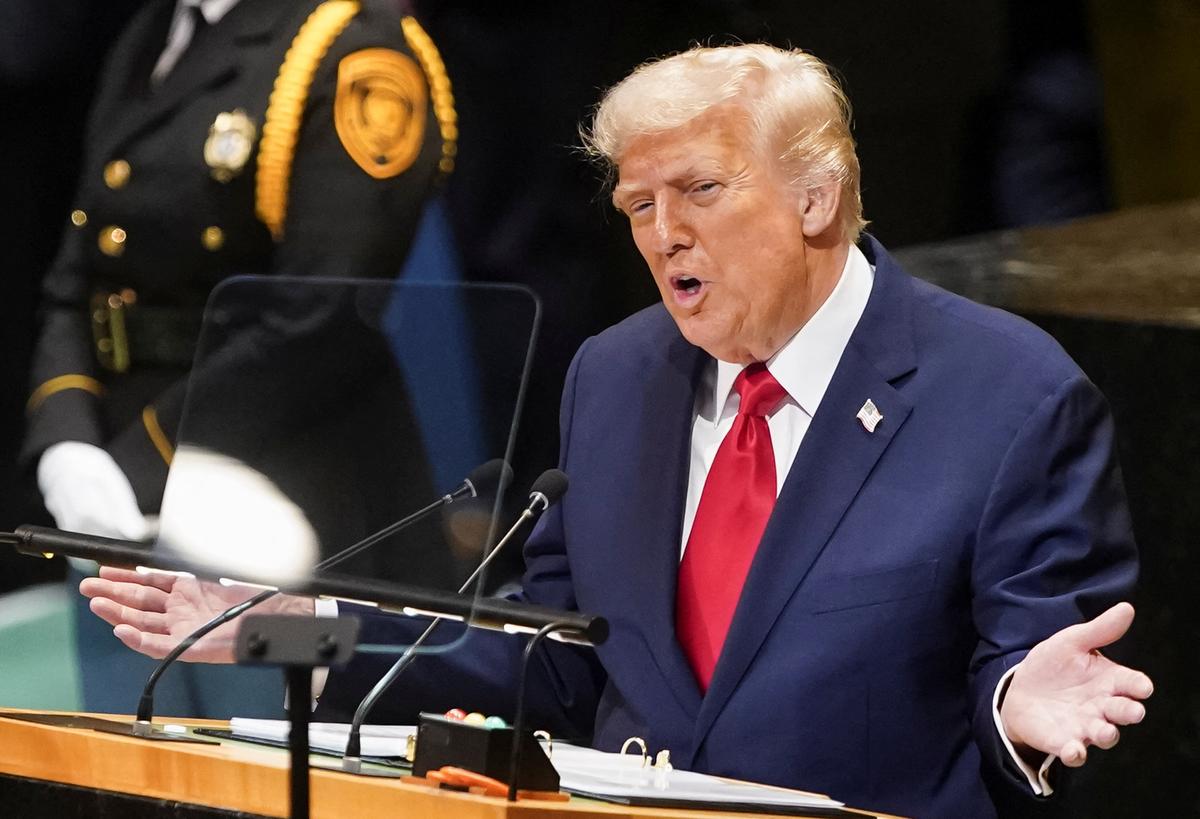
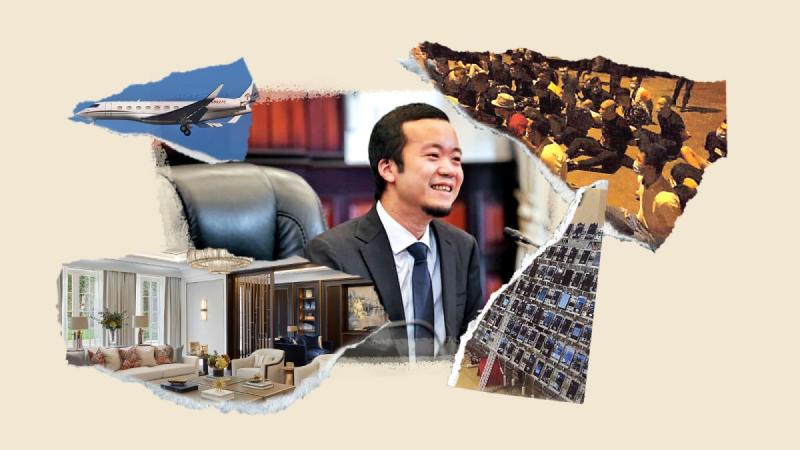
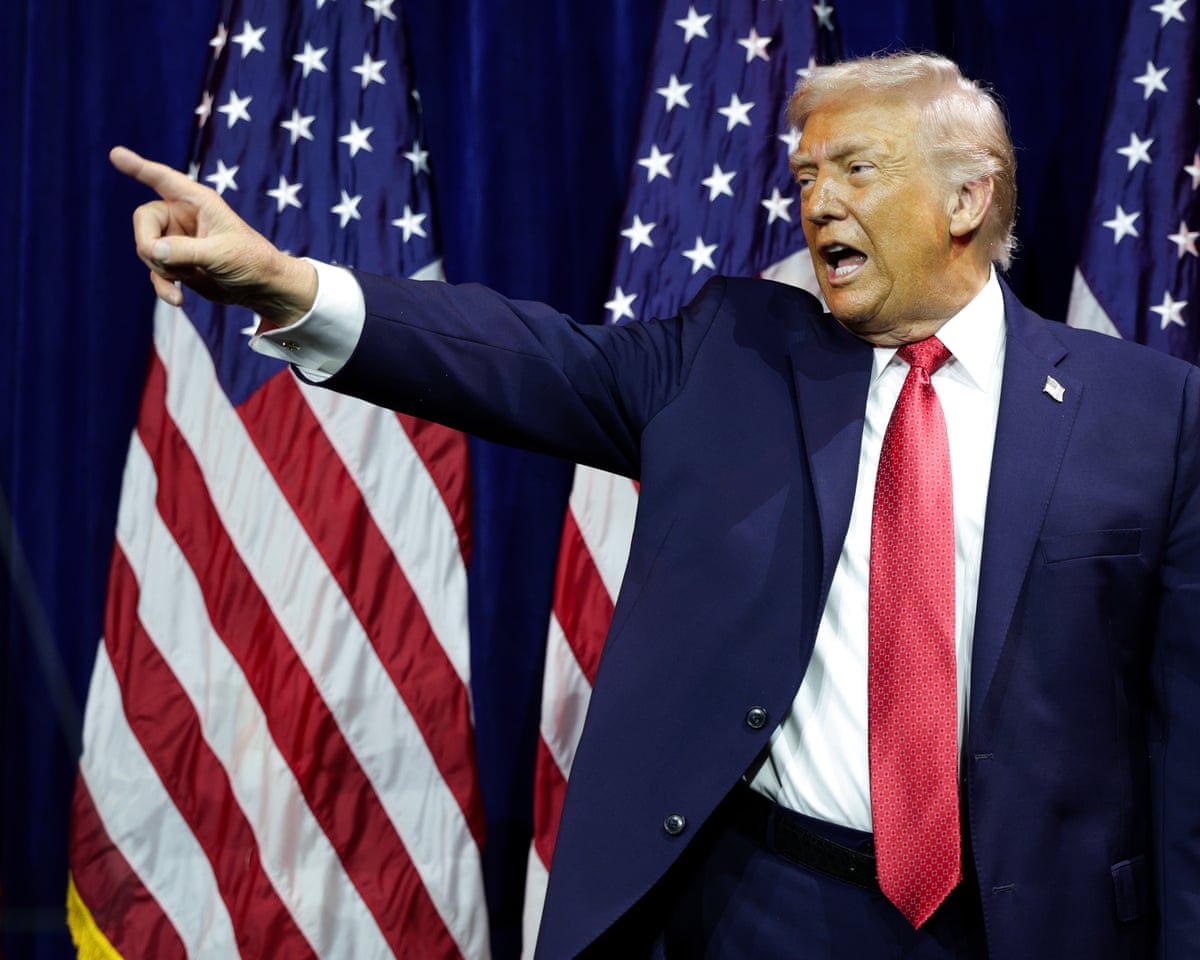

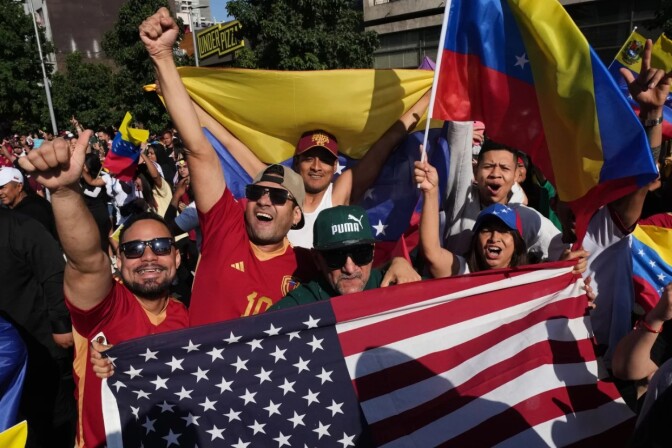
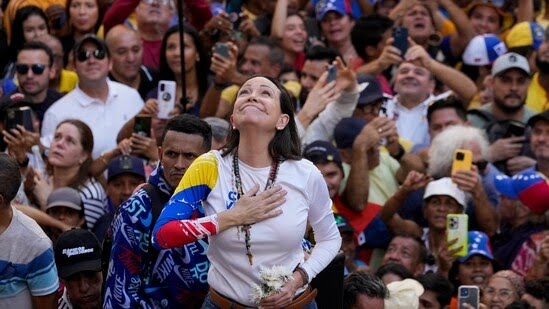
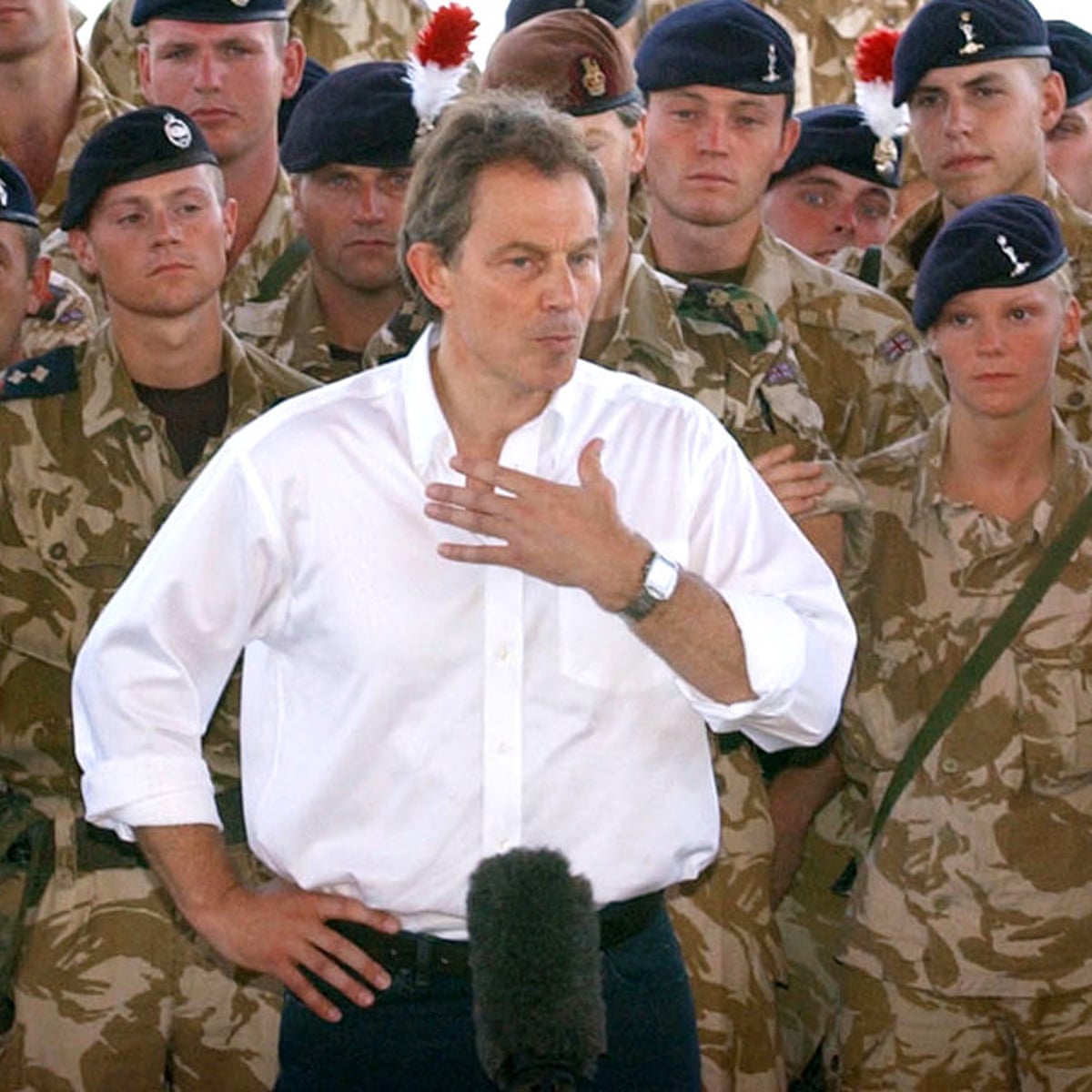
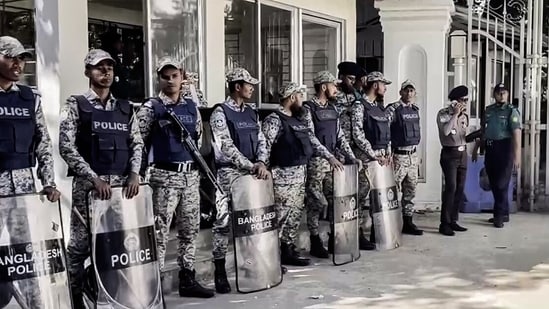
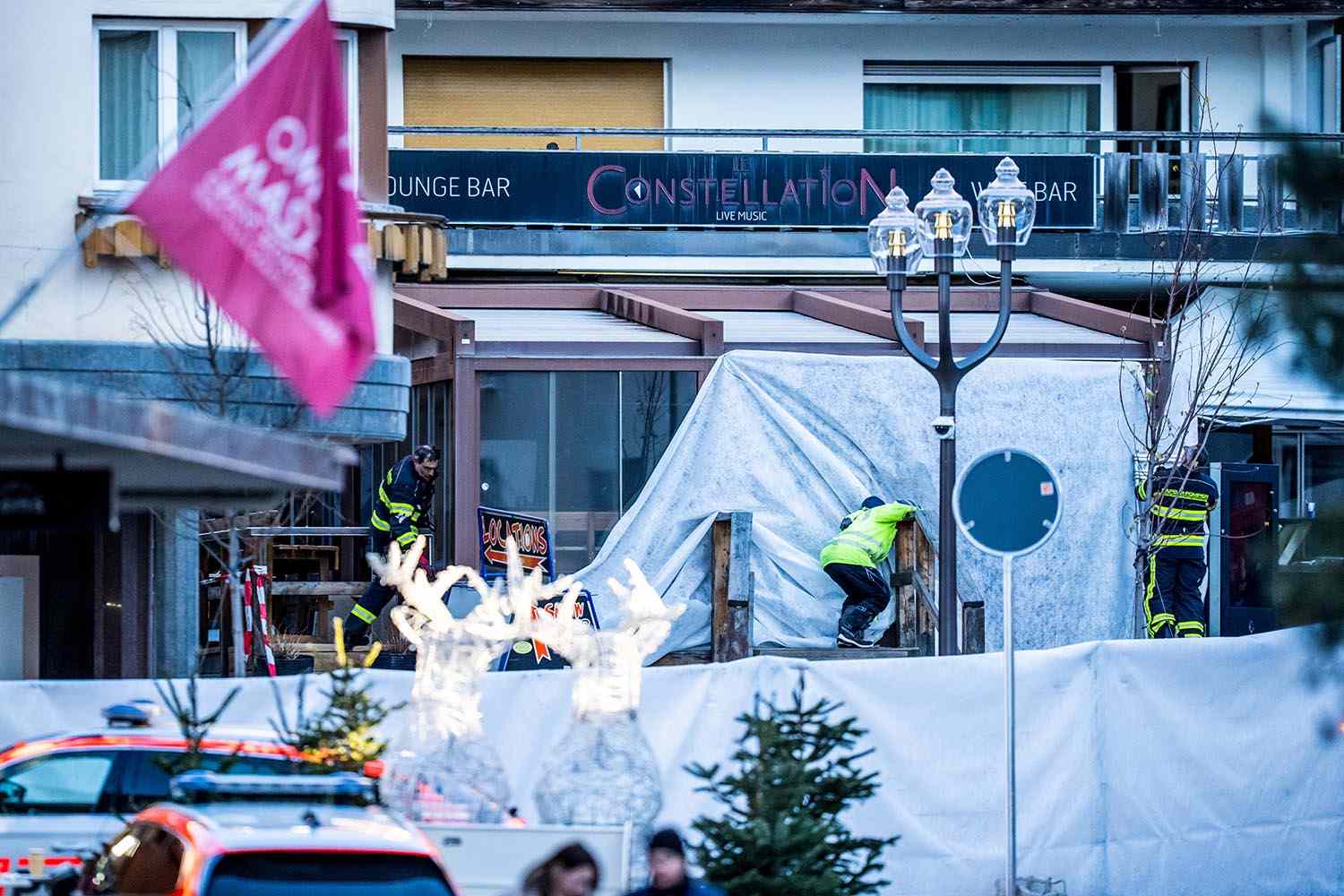
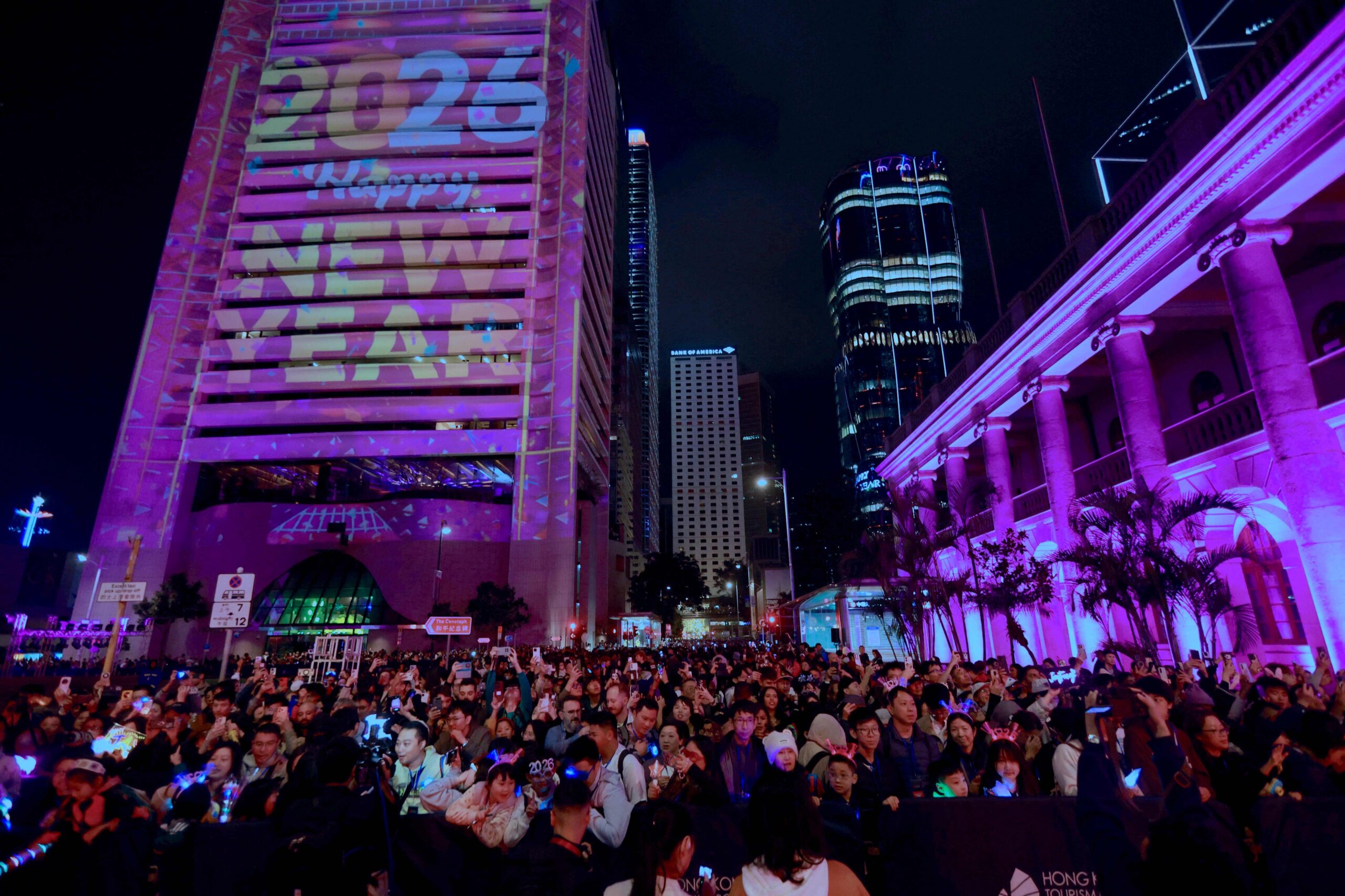
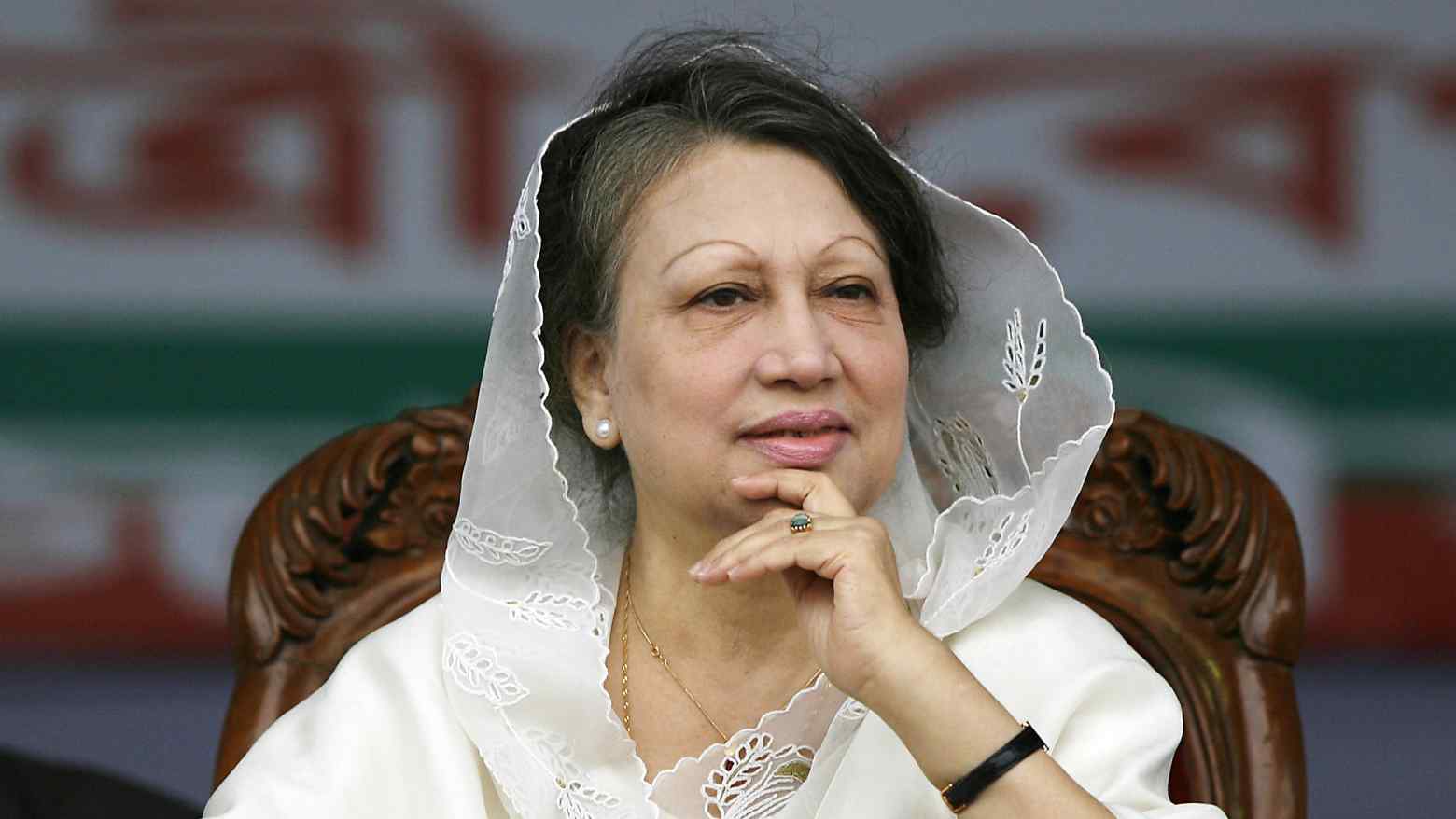
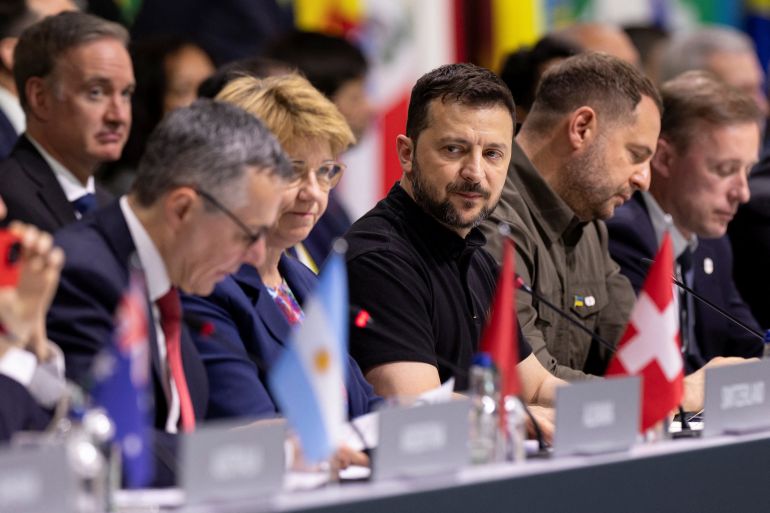
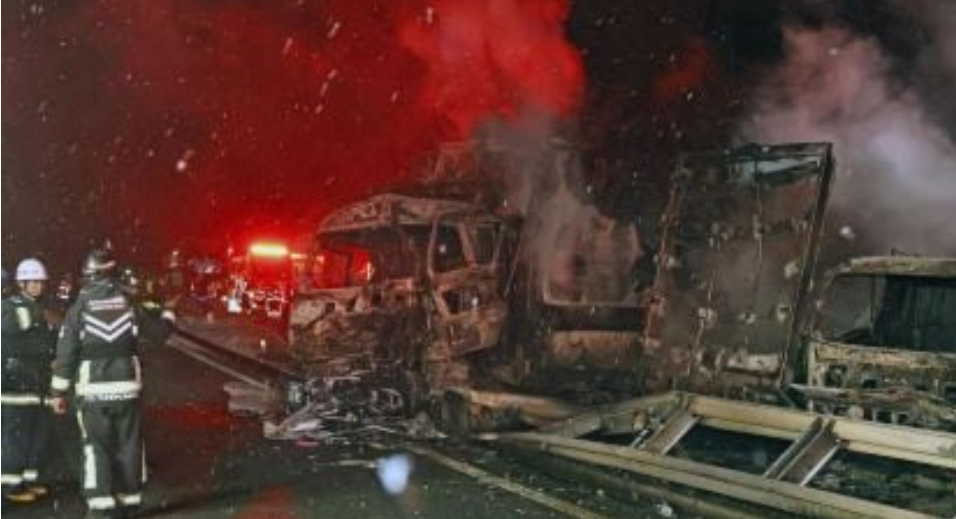
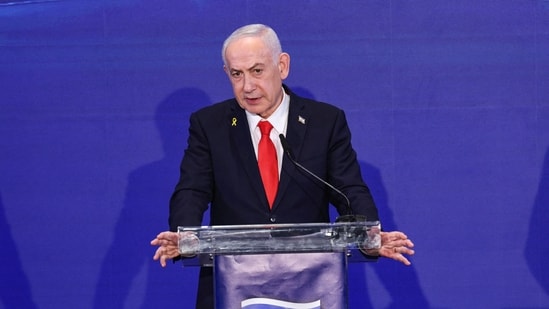
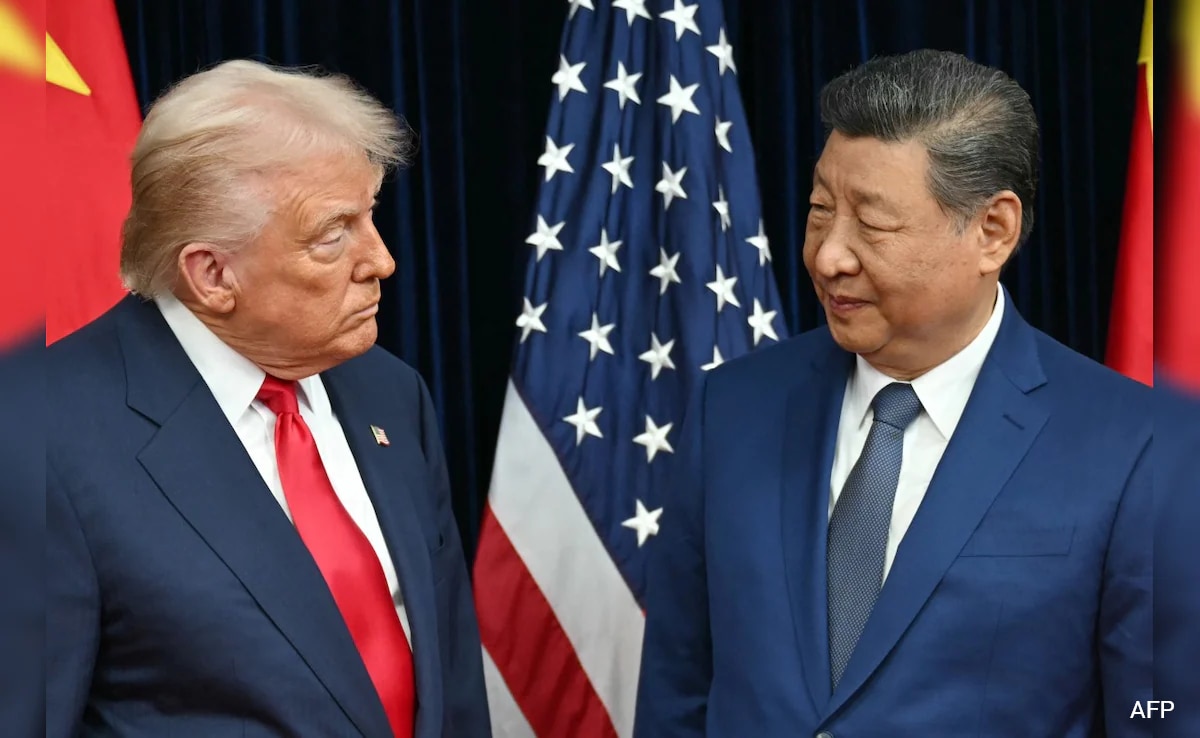
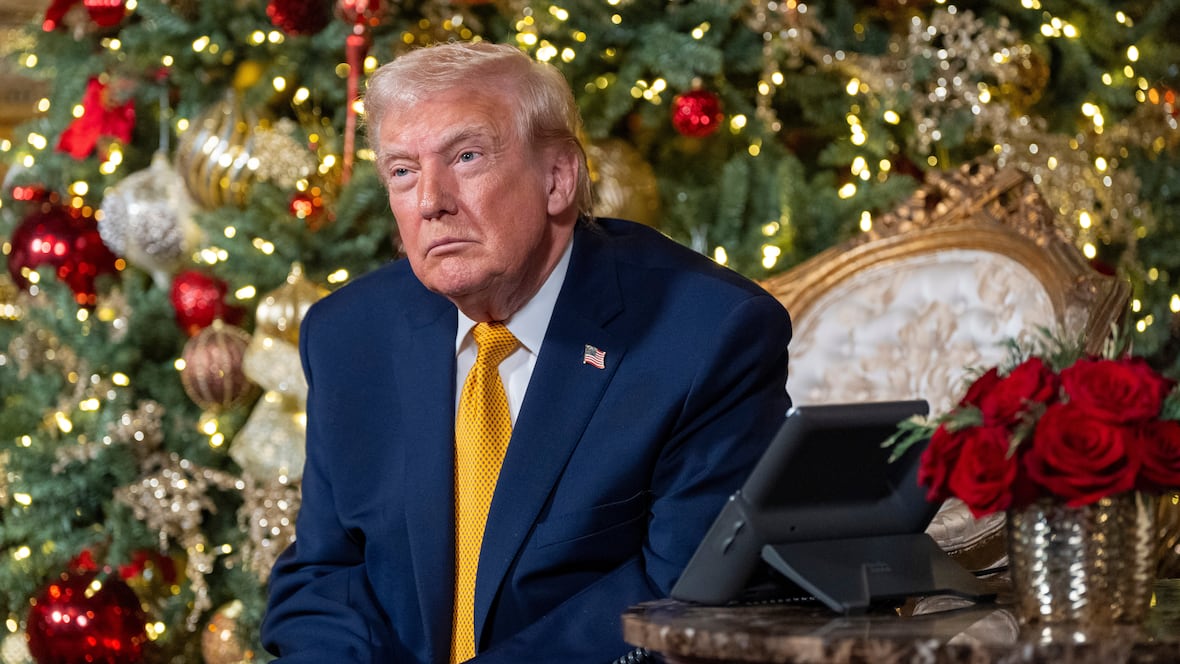
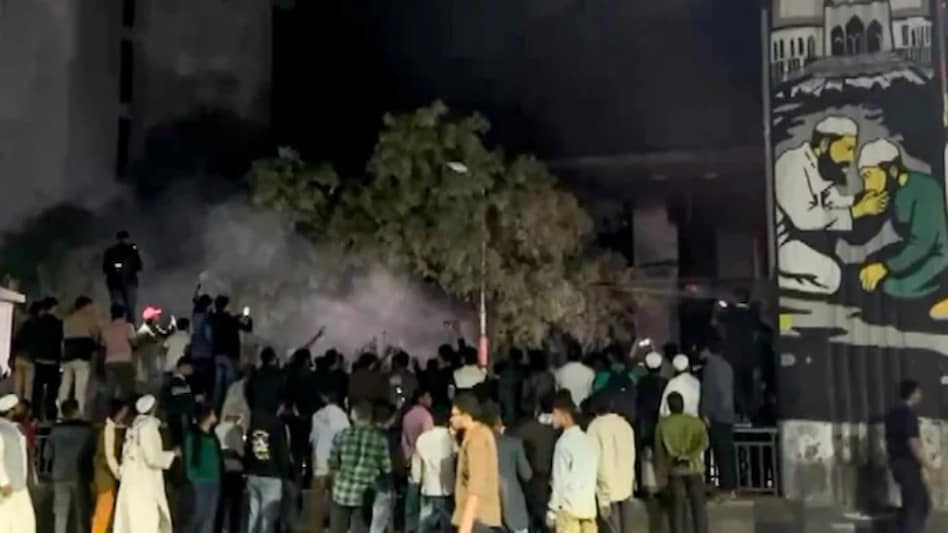
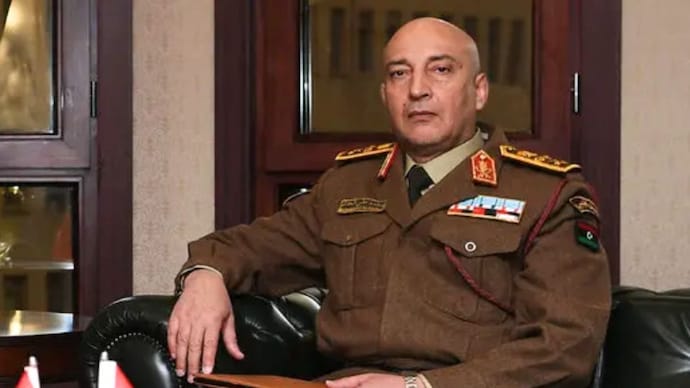
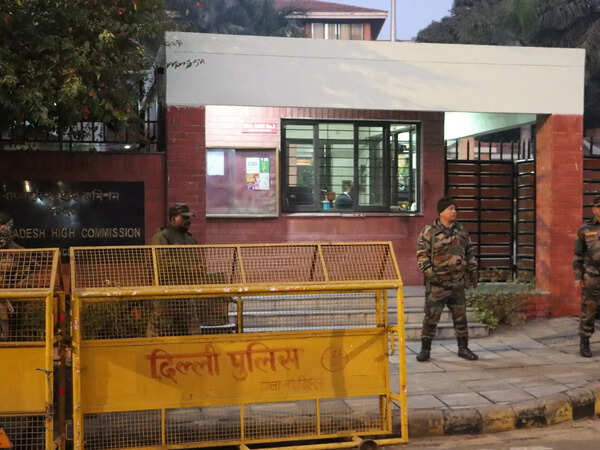
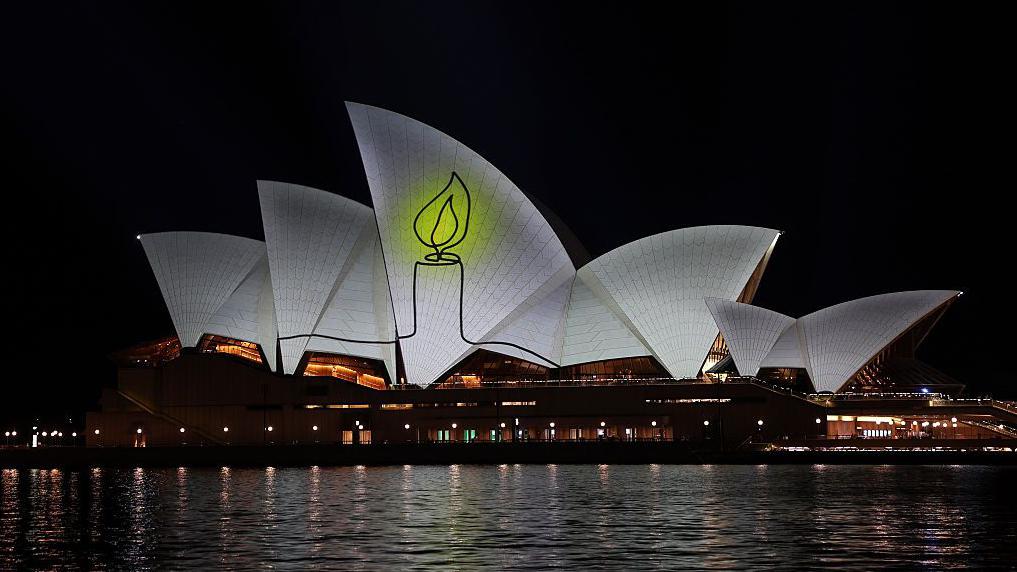
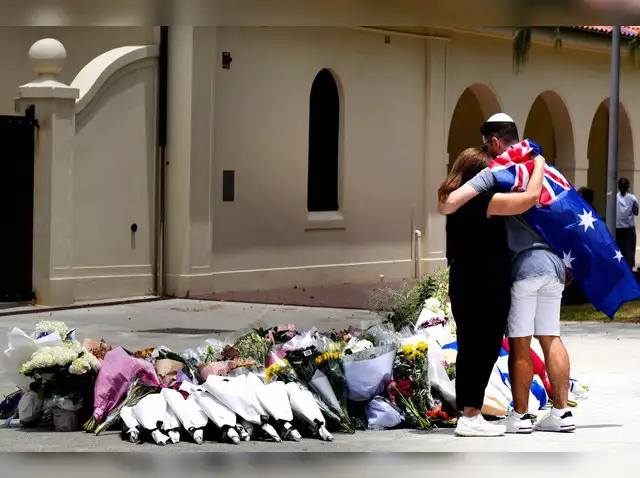
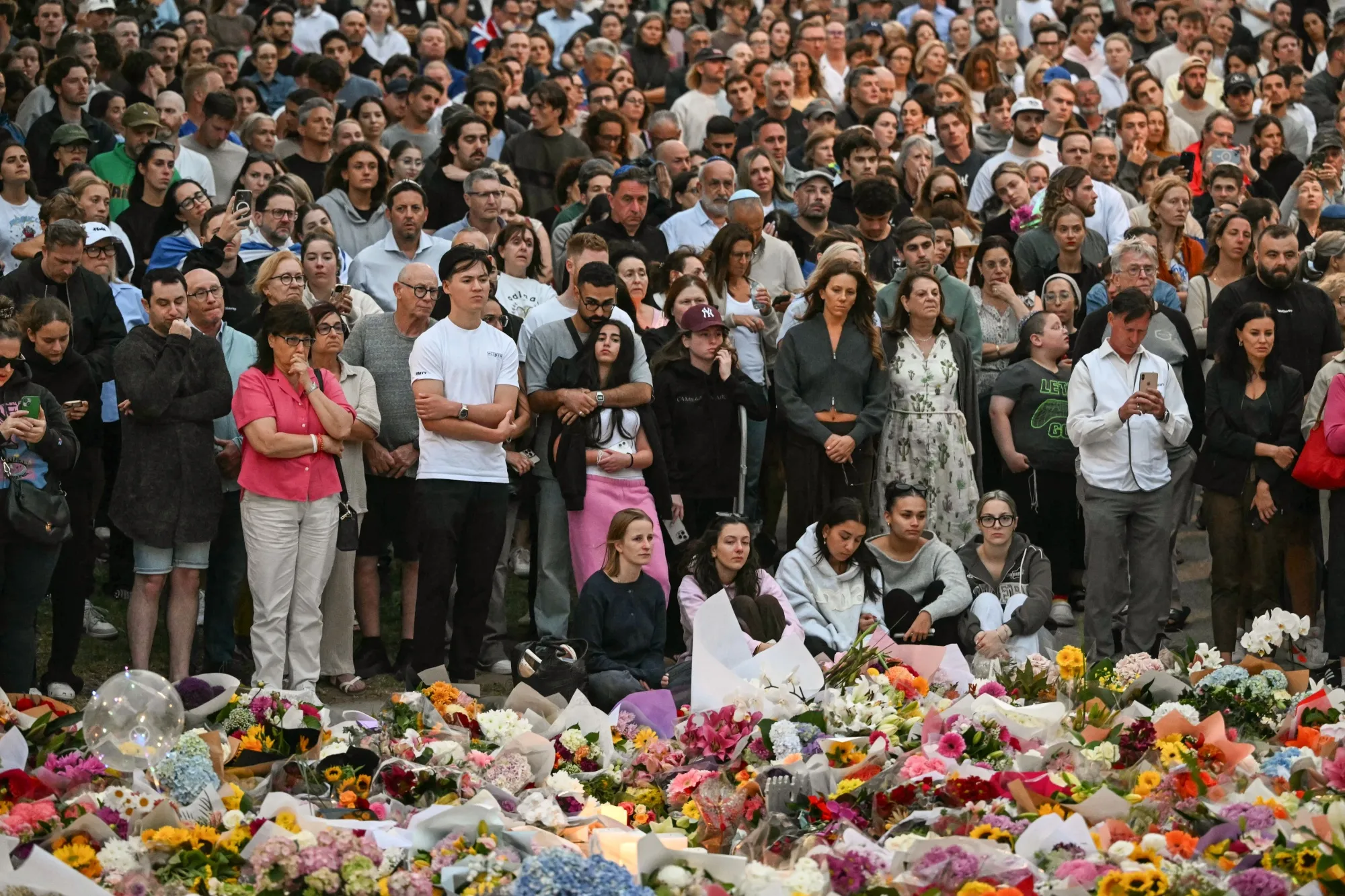
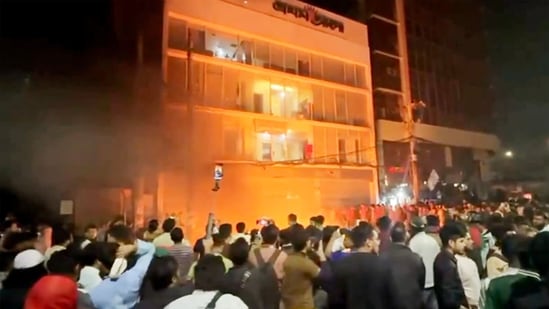
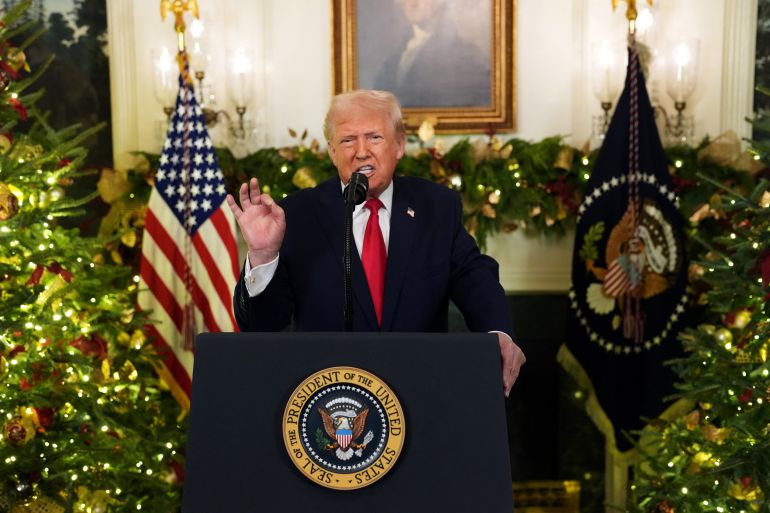
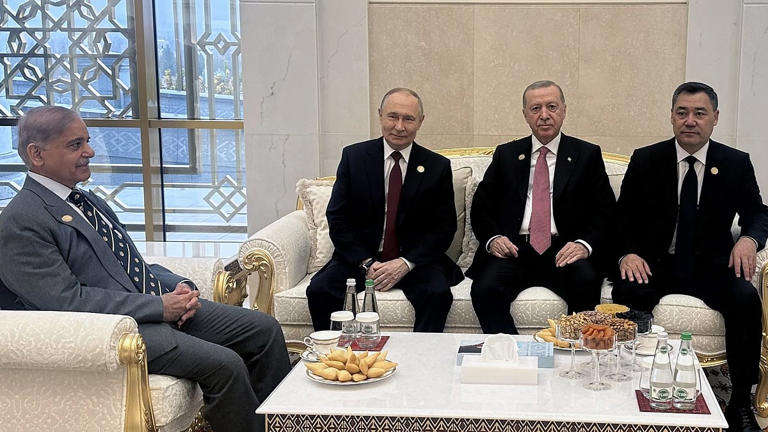
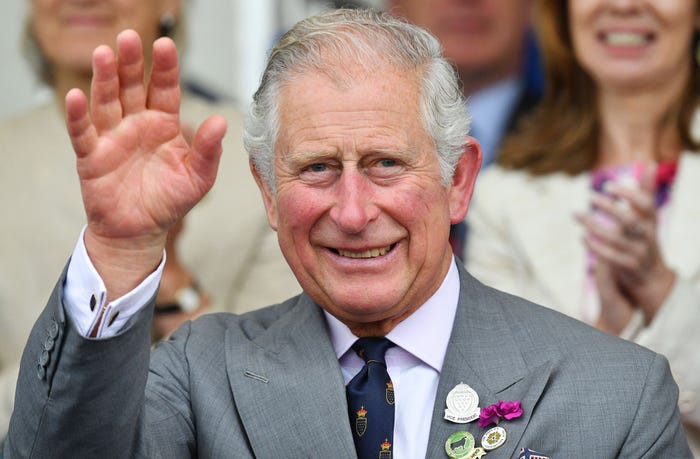
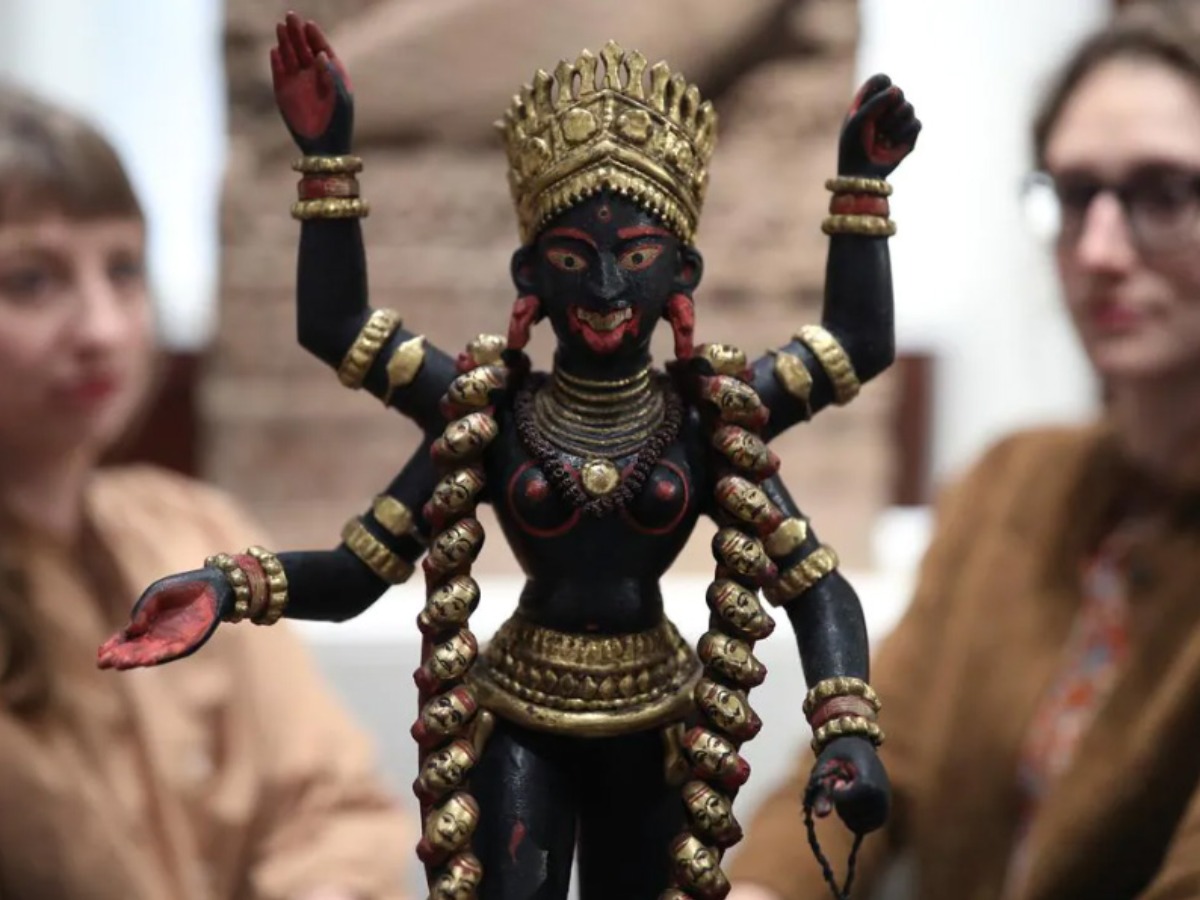
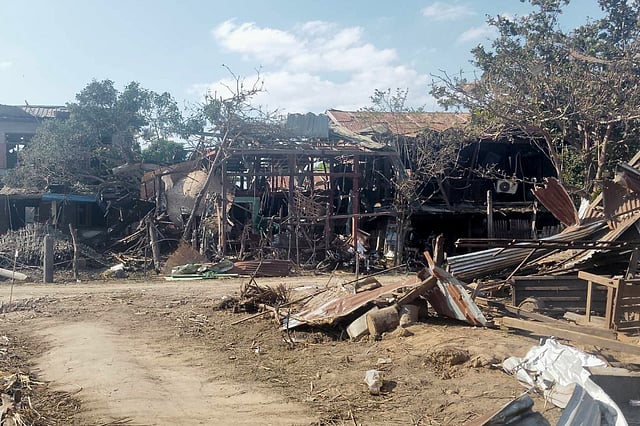
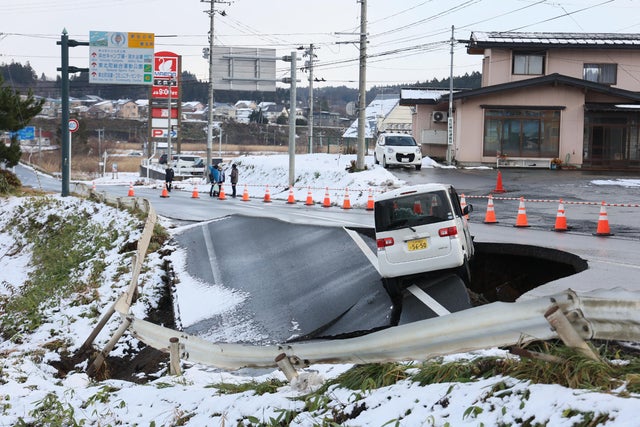
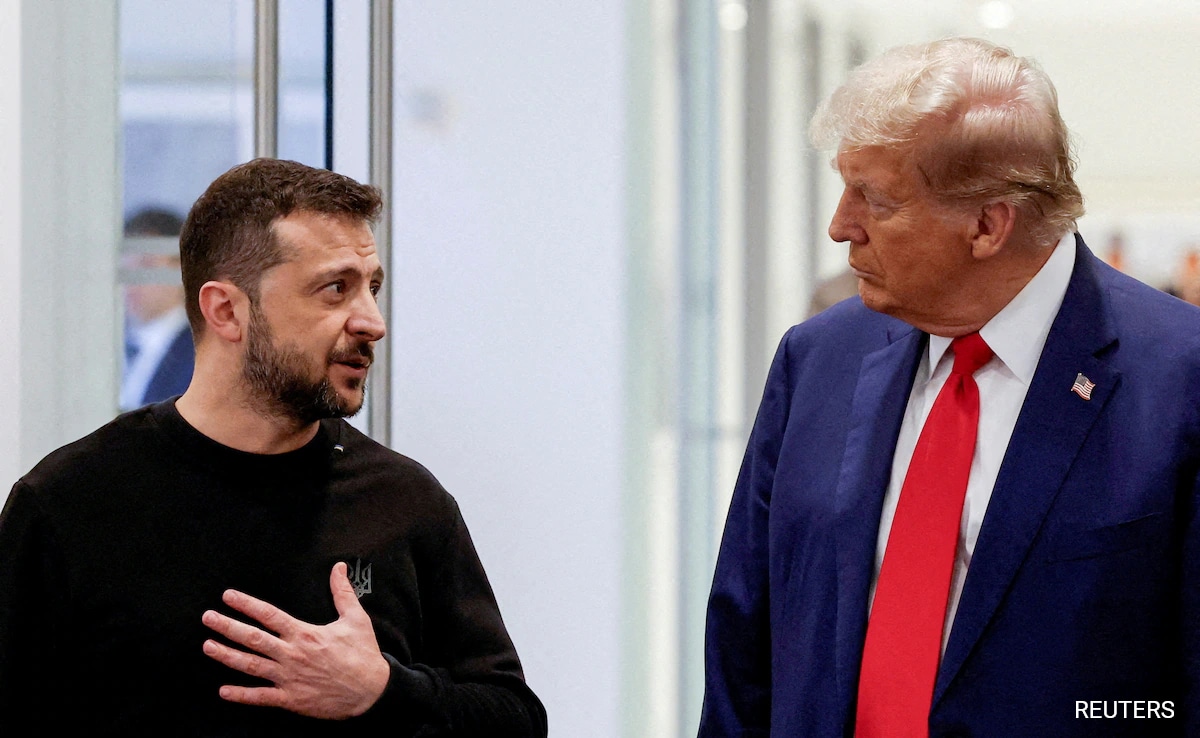
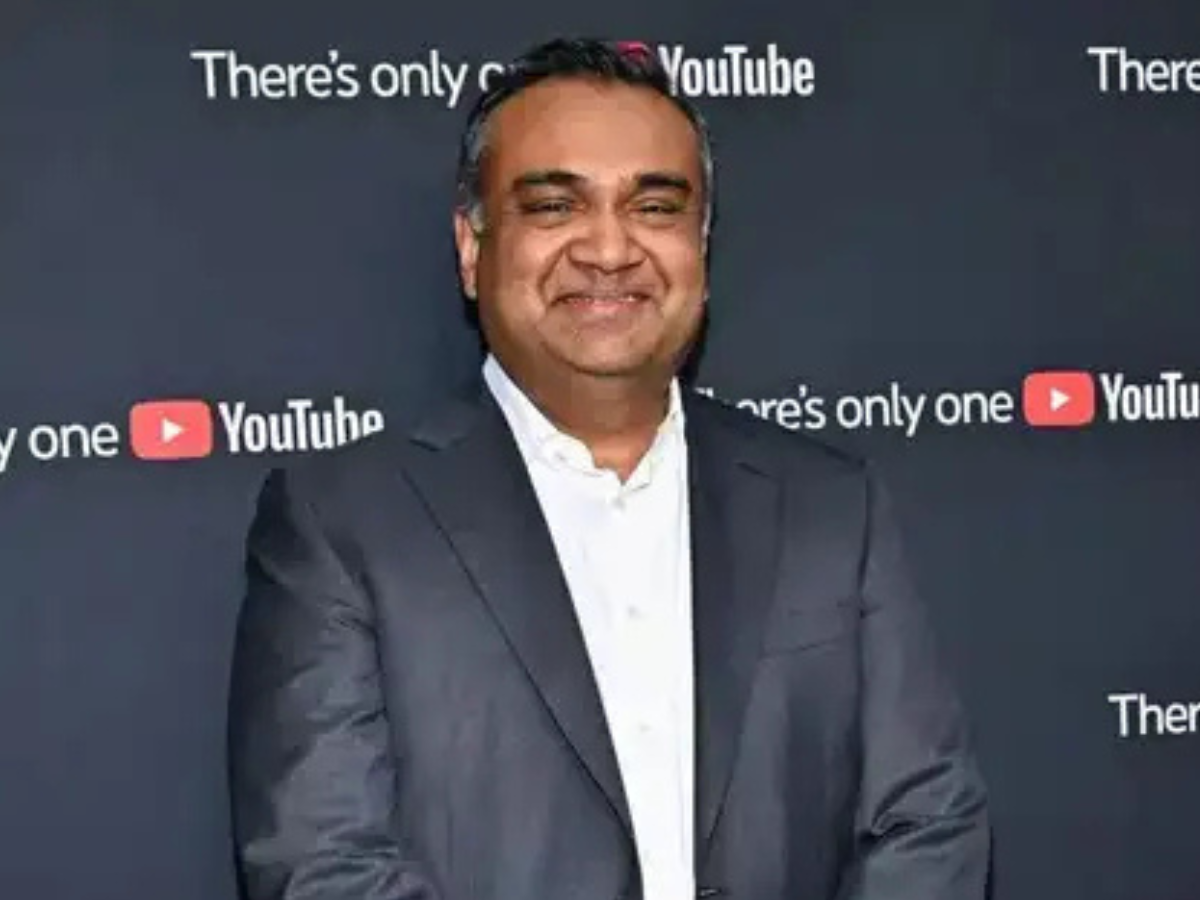
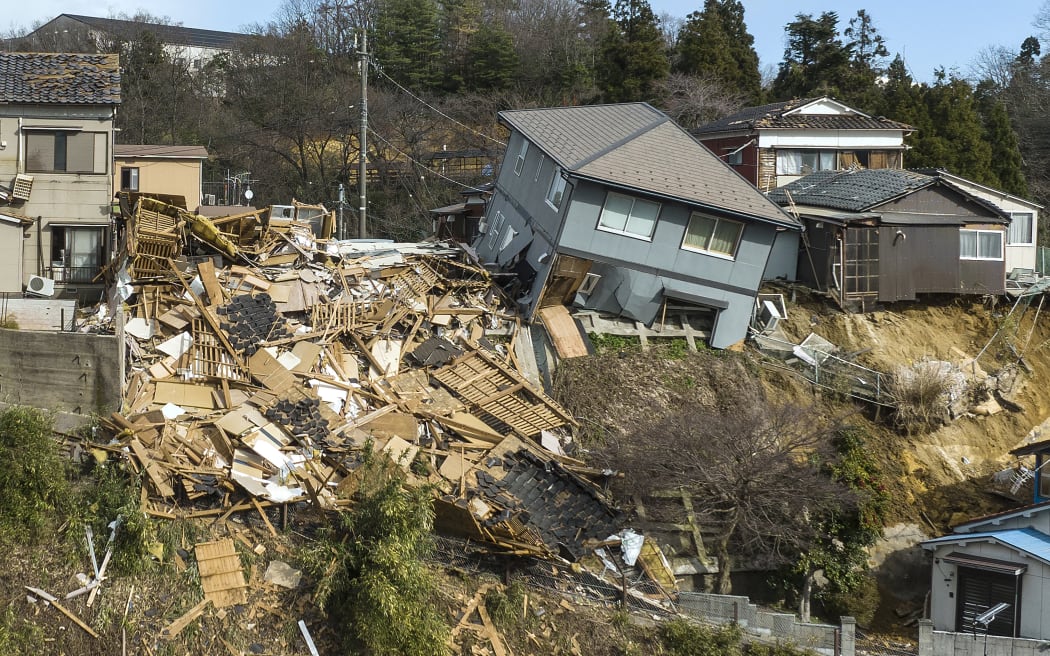

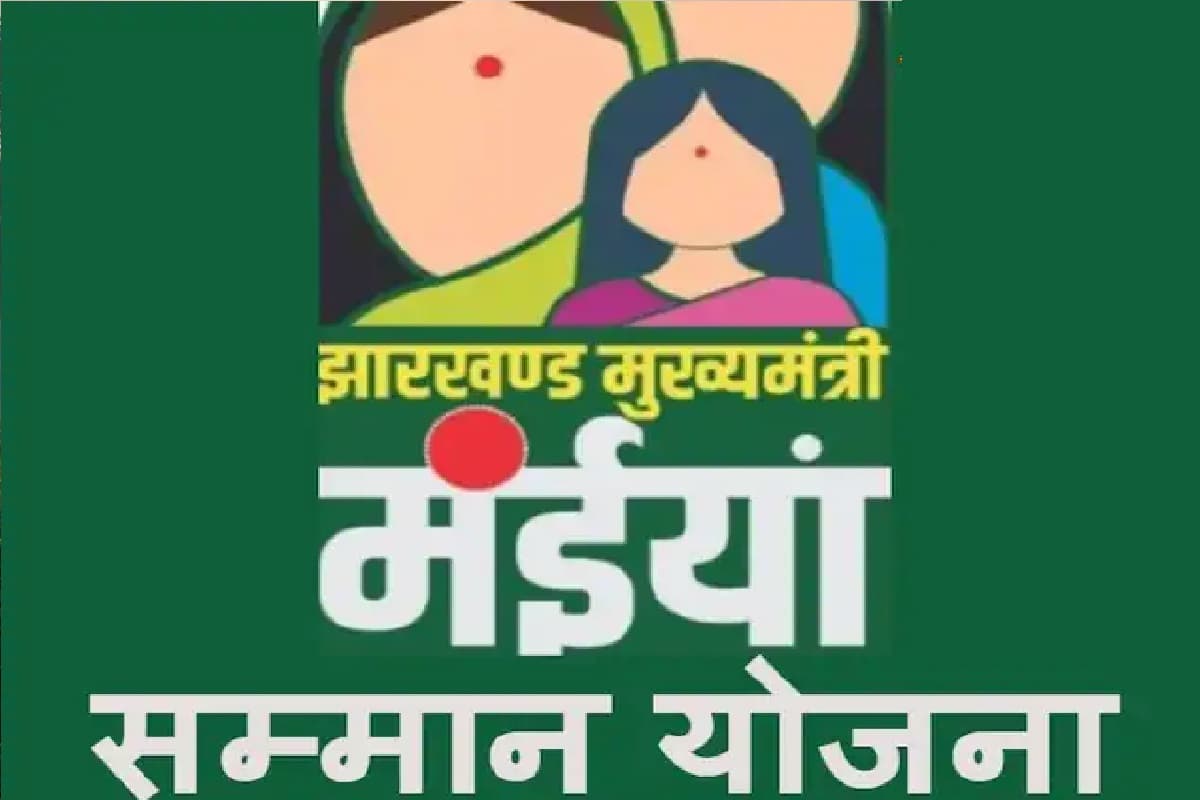


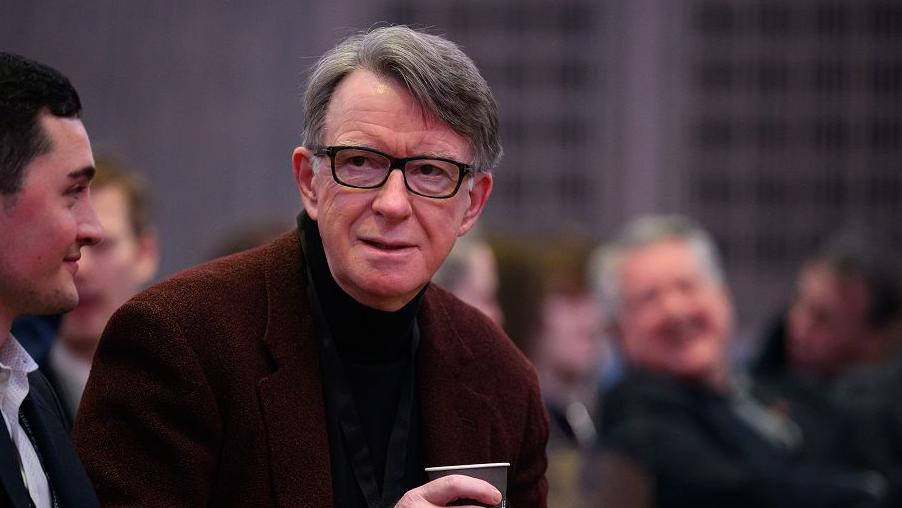
Leave a Reply